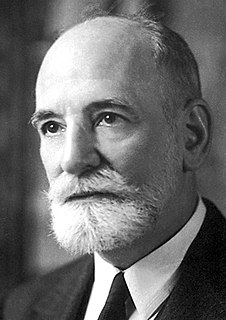A Quote by Guy Standing
The precariat is the first class in history to be losing acquired rights - cultural, civil, social, economic, and political.
Related Quotes
No country has a perfect report card. While some countries have strong points in specific areas, they may have serious lacunae in other areas. For instance, some countries have made enormous progress on civil and political rights, but lag in the implementation of economic, social and cultural rights.
The great goal of the backlash is to nurture a cultural class war, and the first step in doing so, as we have seen, is to deny the economic basis of social class. After all, you can hardly deride liberals as society's "elite" or present the GOP as the party of the common man if you acknowledge the existence of the corporate world - the power that creates the nation's real elite, that dominates its real class system, and that wields the Republican Party as its personal political sidearm.
What is failure for some is success for others. It depends on where they stand in the struggles over "democratic governance" and related rights - civil, social and economic, and broadly cultural, to adopt the framework of the Universal Declaration that is formally endorsed but constantly undermined.
The enormous social change involved in a sexual revolution is basically a matter of altered consciousness, the exposure and elimination of social and psychological realities underlying political and cultural structures. We are speaking, then, of a cultural revolution, which, while it must necessarily involve the political and economic reorganization traditionally implied by the term revolution, must go far beyond this as well.
Up until, really, Roosevelt, African-Americans largely voted ninety per cent Republican. That was the political origins, that's what their political voice was in the Republican party. During that history, that last sixty or seventy years of history, the Republican party effectively walked away from the community. They were afraid to really embrace civil rights even though they embraced civil rights legislation. And so it's not enough to just to put it on paper, you gotta actually show up and be in the community, and understand what that struggle was really about.
There's no question that the black middle class has benefited greatly by the civil rights movement. But there is a large black underclass that does not have access to jobs. If there's no clear road to income and status except crime, we should expect social problems. You can't solve this problem without addressing the economic issues, and the same is true with gender.


































